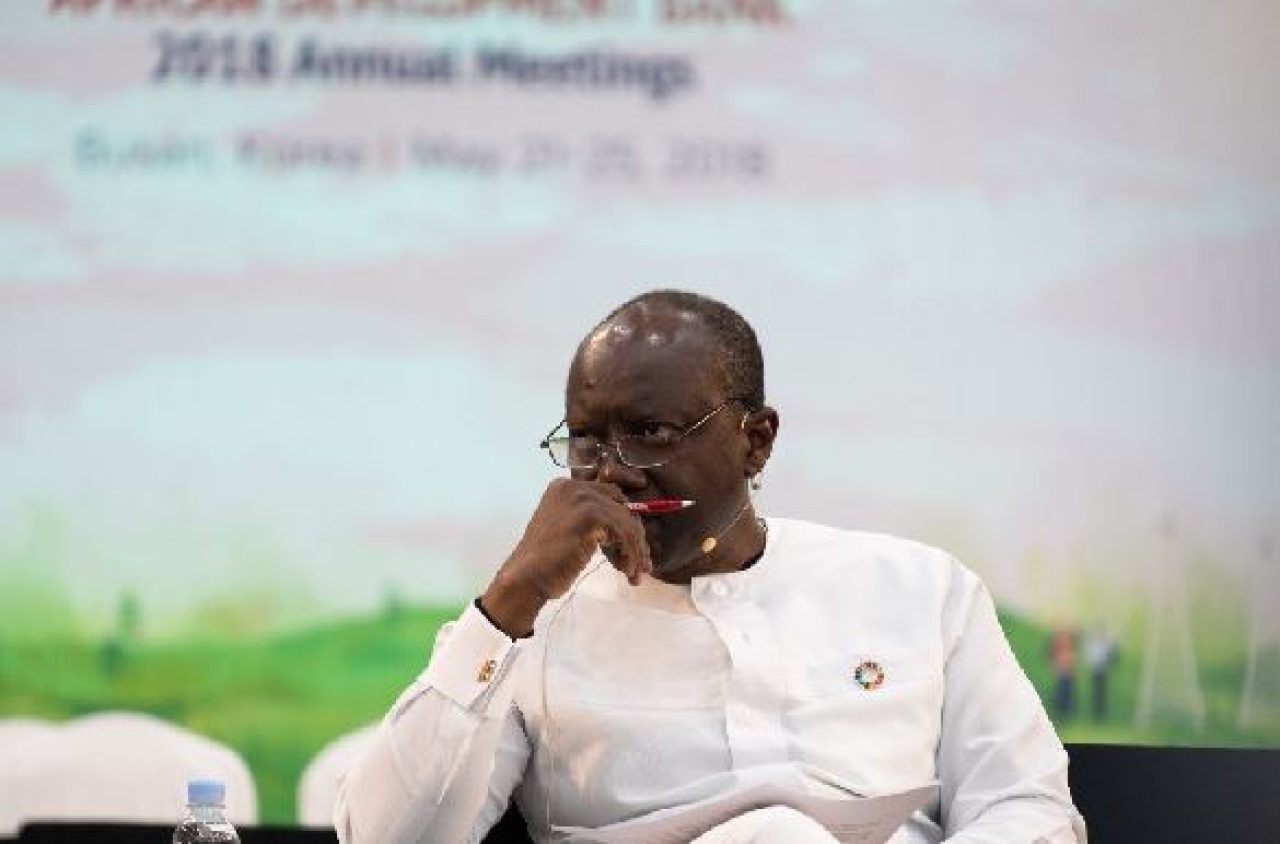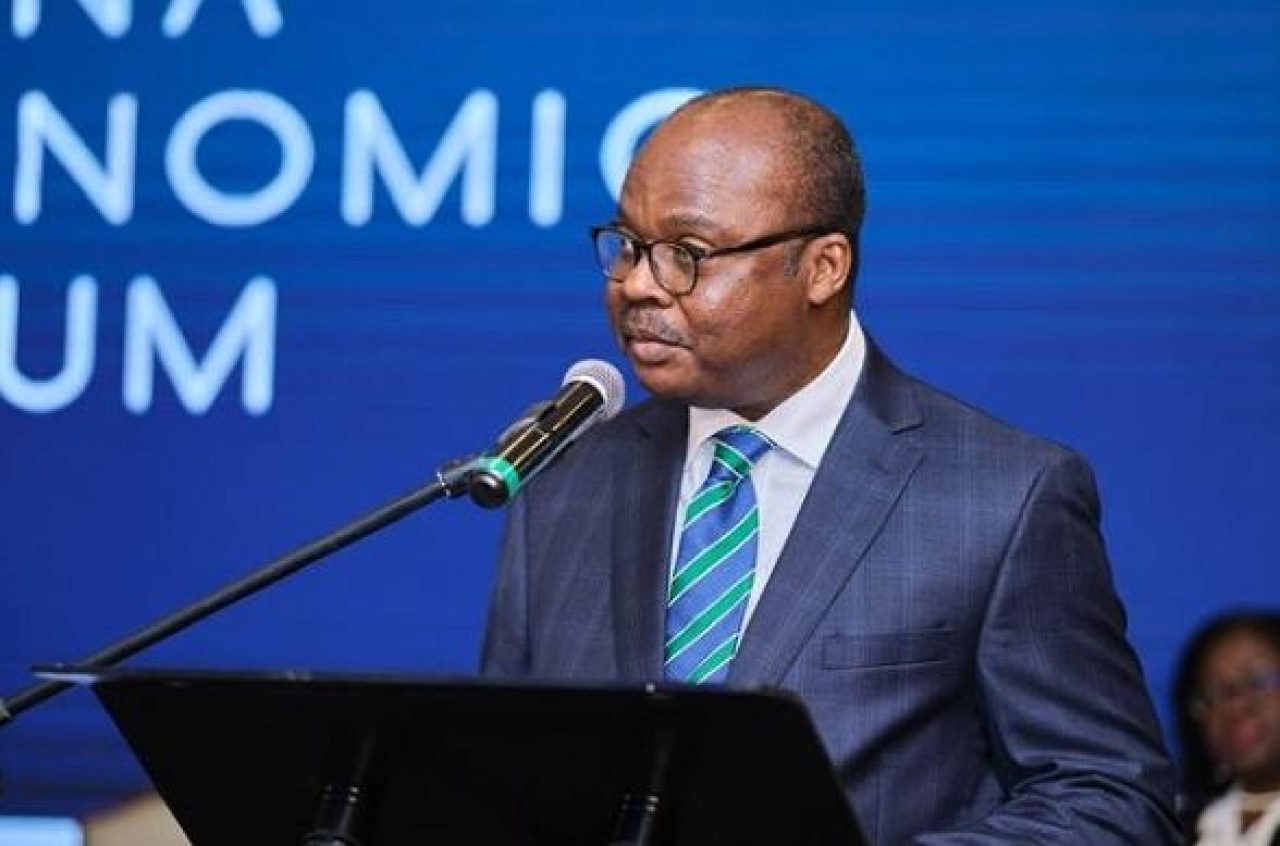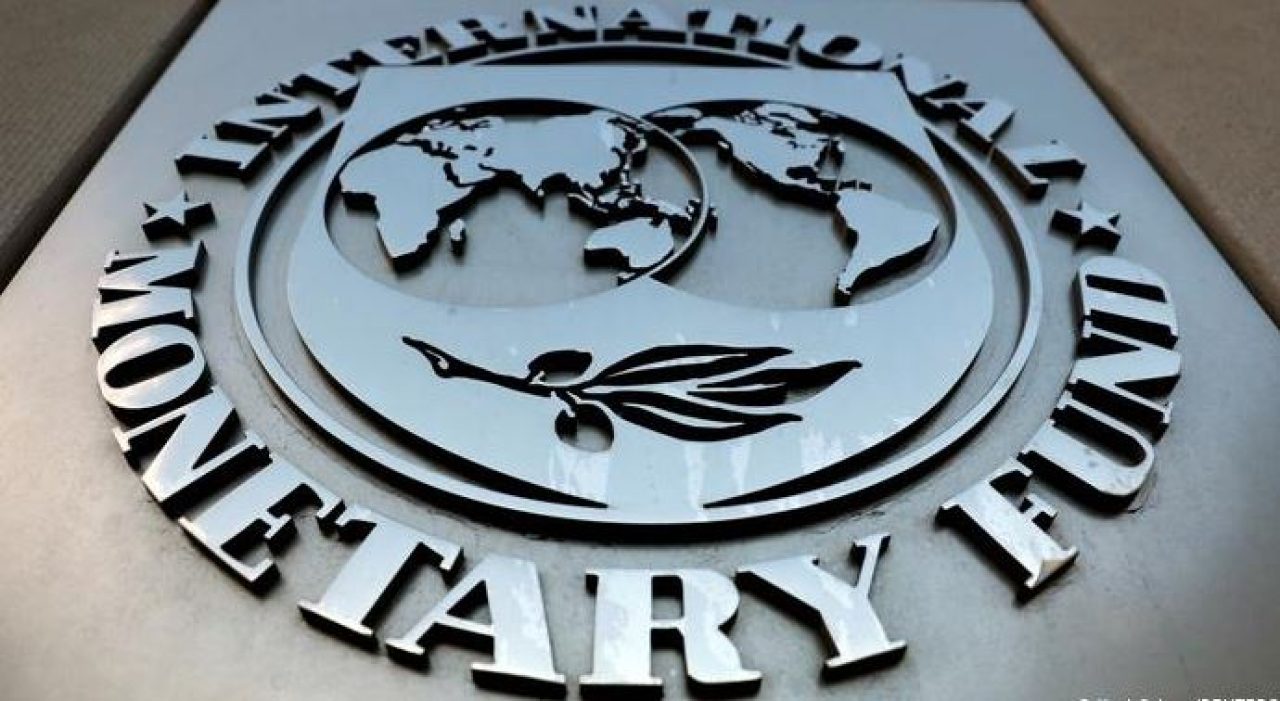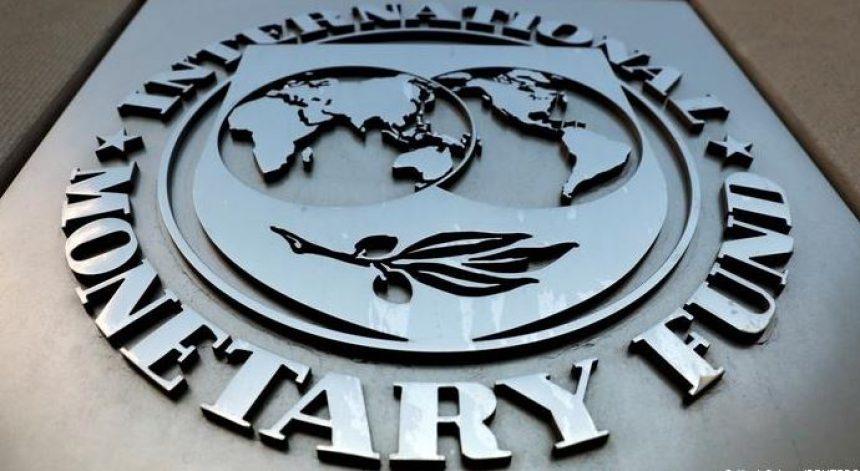In order to obtain an International Monetary Fund (IMF) support plan, the government must take five critical steps, according to Finance Minister Ken Ofori-Atta.

These include an extensive set of revenue-enhancing initiatives, including an increase in the value-added tax rate and a revision of the electronic transaction levy (E-levy), which have increased power rates by a total of 60% since August 2022.
The remaining actions include passing the ambitious 2023 Budget, which includes a frontloading of the fiscal consolidation plan, continuing to tighten monetary policy to keep inflation in check, and a comprehensive package of structural changes, most notably a review of public expenditures.
The Finance Minister and the Governor of the Bank of Ghana, Dr. Ernest Addison, included these in the Investors Presentation.
The Finance Minister stated that in order to improve debt sustainability and restore macroeconomic stability, the government has implemented fiscal adjustment through revenue and spending adjustments.

This is anticipated to deal with structural obstacles such State Owned Enterprise contingent liabilities, commitment controls, arrears accumulation, and domestic revenue mobilization.
Regarding changes to the monetary and financial sectors, Mr. Ofori-Atta stated that the administration is dedicated to restoring reserve buffers, securing external concessional financing from multilateral and bilateral partners, and stopping the payment of external debt service.
The Finance Minister stated that the government will defend social protection schemes and make sure the cost of adjustment is distributed equally with regard to social protection and structural reforms.
Once more, it will strengthen and enhance the targeting of social spending to shield the most vulnerable from the effects of the economic crisis and expedite the implementation of socio-economic policies that promote growth, like Ghana CARES, to lessen the effects of the pandemic and aid in economic recovery.

In the meantime, the administration, in order to obtain a plan from the International Monetary Fund, has set forth five challenging macroeconomic goals for the medium term.
They are lowering inflation down to 8% in the medium term, establishing a primary surplus of 1.5% of GDP, and rebuilding external buffers with gross foreign reserves reaching 3 months of import coverage by 2026.
The remaining goals include achieving a real Gross Domestic Product growth objective of 5% over the medium term and improving competitiveness by having exports exceed 37% of GDP.





